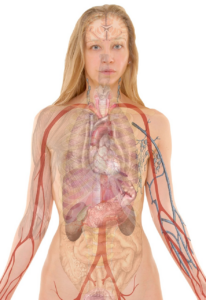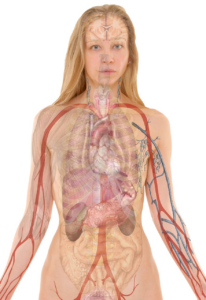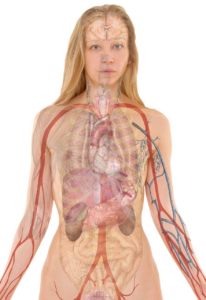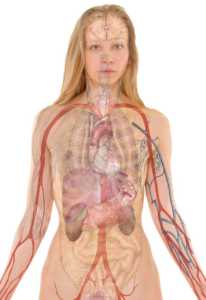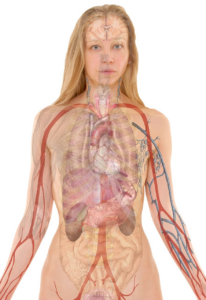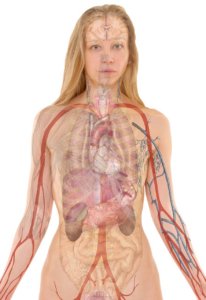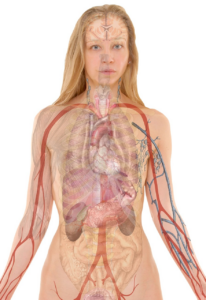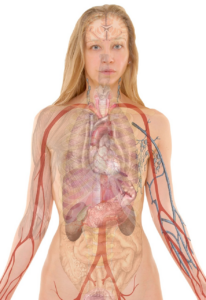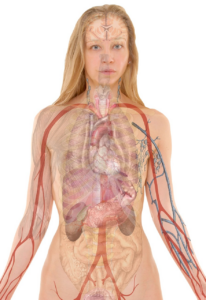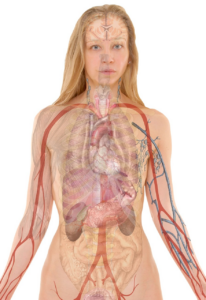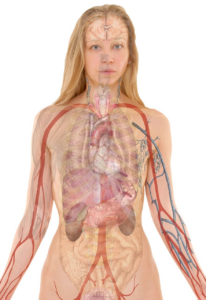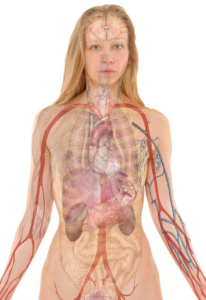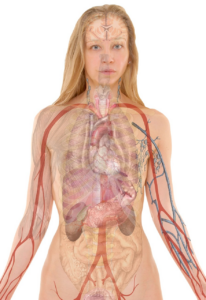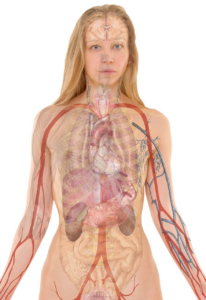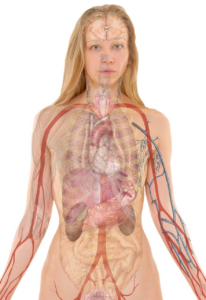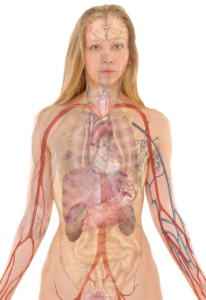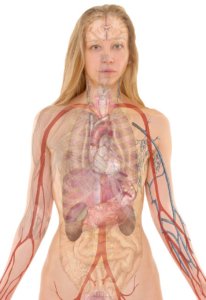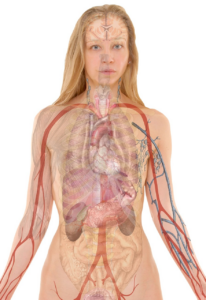Are you considering a career in nursing in Wisconsin? Before diving in, it’s important to have a good understanding of the factors that can affect your nursing salary in the state. Nursing salaries can vary greatly depending on a number of factors, including your level of education, years of experience, type of nursing position, and location within the state.
However, don’t let the potential salary fluctuations deter you from pursuing a career in nursing. Wisconsin is home to a variety of nursing positions, and the demand for qualified nurses continues to grow.
In this article, we’ll give you an overview of nursing salaries in Wisconsin, including the median salary for registered nurses, average salaries for different types of nursing positions, and how salaries can differ across different regions of the state. Plus, we’ll give you insights into opportunities for advancement and how you can work towards higher salaries as a nurse in Wisconsin.
Key Takeaways
- Salaries for nursing professionals in Wisconsin vary based on education, experience, position, and location.
- Pursuing advanced degrees or certifications can lead to higher salaries and greater career opportunities.
- Milwaukee, Madison, and Appleton are the highest-paying cities for RNs in Wisconsin, while rural areas struggle to attract and retain healthcare professionals.
- Nurse practitioners (NPs) have an expanded scope of practice and high earning potential.
Understanding the Factors that Affect Nursing Salaries in Wisconsin
You’re probably wondering what factors can impact your nursing salary in Wisconsin, but don’t worry, we’ll break it down for you so you can feel confident in your earning potential.
Two major factors that affect nursing salaries in Wisconsin are education and experience. The higher your level of education, the more money you can potentially earn. For example, a registered nurse with a bachelor’s degree typically earns more than a registered nurse with an associate’s degree.
Additionally, experience plays a significant role in determining nursing salaries in Wisconsin. Nurses with more years of experience tend to earn more than those just starting out in their careers.
However, it’s important to note that there are many other factors that can impact nursing salaries, such as location, specialty, and employer. To ensure you’re getting the best possible salary, it’s important to do your research and negotiate your pay with your employer.
Median Salary for Registered Nurses in Wisconsin
Looking to become an RN in the Badger State? The median salary for registered nurses in Wisconsin is quite impressive. Here are some facts to help you understand what you can expect in terms of career growth and salary negotiation:
-
The median salary for RNs in Wisconsin is $72,610 per year, according to the Bureau of Labor Statistics. This is higher than the national median salary of $73,300 per year.
-
The highest-paying cities for RNs in Wisconsin are Madison, Milwaukee, and Appleton.
-
There is strong demand for nurses in Wisconsin, with an expected growth rate of 16% from 2016 to 2026.
-
RNs who pursue advanced degrees or certifications can earn higher salaries and have greater career opportunities, such as becoming nurse practitioners or nurse educators.
With the demand for nurses on the rise and a higher-than-average median salary, becoming an RN in Wisconsin can be a lucrative and rewarding career choice. By pursuing advanced degrees or certifications, you can increase your earning potential and open up doors to new career paths.
When negotiating your salary, it’s important to do your research, understand your worth, and advocate for yourself to ensure you’re getting paid what you deserve.
Average Salaries for Different Types of Nursing Positions
If you’re considering a career in nursing, it’s important to know the average salaries for different types of positions.
As a Certified Nursing Assistant (CNA), you can expect to earn an average salary of around $28,000 per year.
Licensed Practical Nurses (LPNs) typically earn around $45,000 per year, while Registered Nurses (RNs) have an average salary of $68,000.
If you pursue a career as a Nurse Practitioner (NP), you can expect to earn an average salary of around $107,000 per year.
Certified Nursing Assistant (CNA)
As a CNA in Wisconsin, you’ll earn an average hourly wage of $14.56. This is a great starting point for those who are looking to enter the nursing field. CNAs are responsible for providing basic care to patients, such as bathing, feeding, and dressing them. They are also responsible for taking vital signs, documenting patient information, and reporting any changes in a patient’s condition to the nurse in charge.
To become a CNA in Wisconsin, you must complete a state-approved training program that includes both classroom instruction and clinical practice. The program typically takes 4-6 weeks to complete and covers topics such as basic nursing skills, infection control, and patient safety. After completing the program, you must pass a competency exam to become certified. Once certified, you can begin your career as a CNA and work in a variety of healthcare settings, such as hospitals, nursing homes, and home health agencies.
Licensed Practical Nurse (LPN)
You might be interested to know that becoming an LPN is a great way to advance your nursing career and increase your earning potential.
As an LPN, you’ll have more job responsibilities than a CNA, including administering medication, providing wound care, and monitoring patients’ health status. You’ll also work closely with registered nurses and doctors to develop care plans and provide patient education.
The LPN career outlook is positive, with a projected job growth of 9% from 2019 to 2029 according to the Bureau of Labor Statistics.
LPNs can work in a variety of healthcare settings, including hospitals, nursing homes, and home healthcare agencies.
The median annual salary for LPNs in Wisconsin is around $48,000, but this can vary based on experience, location, and employer.
With additional education and experience, LPNs can also advance to become registered nurses or other healthcare professionals.
Registered Nurse (RN)
Now that you have a good understanding of what it takes to become an LPN in Wisconsin, let’s move on to discussing the role and responsibilities of a Registered Nurse (RN). As an RN, you’ll have more advanced responsibilities than an LPN, and you’ll also earn a higher salary.
To become an RN in Wisconsin, you’ll need to complete an accredited nursing program and pass the National Council Licensure Examination (NCLEX-RN). In addition to providing direct patient care, RNs are also responsible for managing patient care plans, administering medications, and supervising other healthcare staff. They are often the primary point of contact between patients and other healthcare professionals. Take a look at the table below to see the average annual salary for RNs in Wisconsin, broken down by experience level.
| Experience Level | Average Annual Salary |
|---|---|
| Entry-Level | $54,000 |
| Mid-Career | $65,000 |
| Experienced | $80,000 |
| Late-Career | $90,000 |
As you can see, the longer you work as an RN in Wisconsin, the more money you’re likely to earn. And with the demand for healthcare professionals on the rise, there are plenty of opportunities for RNs to advance their careers and earn even higher salaries. If you’re passionate about providing quality healthcare and want to take on a more advanced role in patient care, becoming an RN in Wisconsin may be the perfect career path for you.
Nurse Practitioner (NP)
Get ready to take your nursing career to the next level by exploring the responsibilities and opportunities available as a Nurse Practitioner (NP).
As an NP, you’ll have an expanded scope of practice that allows you to diagnose and treat patients, prescribe medication, and order and interpret diagnostic tests. You’ll also have the freedom to specialize in a specific area of healthcare, such as family practice, pediatrics, or emergency medicine.
The career growth opportunities for NPs in Wisconsin are promising, with a projected job growth rate of 45% between 2019 and 2029. According to the Bureau of Labor Statistics, the median annual salary for NPs in Wisconsin is $110,090. However, this can vary depending on your experience, specialty, and location.
With the high demand for healthcare professionals and the importance of primary care in Wisconsin, becoming an NP can be a rewarding and lucrative career choice.
Nursing Salaries in Different Regions of Wisconsin
Now let’s take a look at nursing salaries in different regions of Wisconsin. If you’re thinking about working in Milwaukee, Madison, Green Bay, or rural areas, it’s important to know what you can expect to earn.
In this section, we’ll explore the average salaries for nurses in each of these regions.
Milwaukee
Milwaukee’s nursing salaries are some of the highest in the state, making it an attractive location for healthcare professionals. Despite the nursing shortage, job outlook in Milwaukee remains promising due to the high demand for nursing services.
As a nurse in Milwaukee, you can expect to earn an average salary of $73,000 per year, which is significantly higher than the national average. Moreover, Milwaukee offers a diverse range of career opportunities for nurses, including working in hospitals, clinics, long-term care facilities, and home healthcare agencies.
With a growing population and an aging baby boomer generation, the demand for nursing services in Milwaukee is expected to continue to rise, providing job security for healthcare professionals. Overall, Milwaukee is an excellent location for nurses who are looking for a competitive salary, job security, and a vibrant city to call home.
Madison
If you’re looking for a city with a strong healthcare industry, you should consider Madison. The city has several major hospitals, including University of Wisconsin Hospital and Clinics, which is consistently ranked as one of the top hospitals in the nation. With a nursing shortage affecting the state, there are plenty of opportunities for nurses to find work in Madison.
In addition to the job opportunities, there are also several education programs in the area for those looking to further their nursing career. The University of Wisconsin-Madison has a highly ranked nursing school, offering both undergraduate and graduate degree programs. Madison College also has a nursing program, with options for both traditional and online learning. With a strong healthcare industry and ample education opportunities, Madison is a great choice for nurses looking to advance their careers.
| Education Programs | Location | Program Length | Cost |
|---|---|---|---|
| University of Wisconsin-Madison | Madison, WI | 4 years for BSN, 2 years for MSN | $12,555/year for in-state, $36,805/year for out-of-state |
| Madison College | Madison, WI | 2 years for ADN, 3 years for BSN | $4,209/year for in-state, $6,198/year for out-of-state |
| Herzing University | Madison, WI | 3 years for BSN | $13,670/year |
| Edgewood College | Madison, WI | 4 years for BSN, 2 years for MSN | $31,580/year |
The table above shows some of the nursing education programs available in Madison. With options ranging from community college to private universities, there’s something for everyone looking to advance their nursing education.
Green Bay
Looking for a city with a vibrant culture and beautiful natural surroundings? Green Bay might just be the perfect fit for you as a nurse.
As the third-largest city in Wisconsin, Green Bay offers a unique blend of urban amenities and small-town charm. With its thriving arts scene, bustling downtown area, and proximity to Lake Michigan, Green Bay is a great place to live and work.
When it comes to nursing, Green Bay is facing a shortage of qualified professionals. This is due in part to an aging population and a high demand for healthcare services. As a result, the job outlook for nurses in Green Bay is strong, with many opportunities for growth and advancement.
Whether you’re looking to work in a hospital, clinic, or long-term care facility, there are plenty of options available in Green Bay. So if you’re a nurse looking for a new opportunity, consider making the move to this vibrant and dynamic city.
Rural Areas
Living in a rural area can provide unique experiences and challenges for nurses. While the pace of life may be slower and the scenery more picturesque, there are also recruitment challenges and limited healthcare facilities. Rural areas often struggle to attract and retain healthcare professionals, which can lead to shortages in staffing and reduced access to care for patients.
According to a report by the Wisconsin Department of Health Services, there are 31 designated Health Professional Shortage Areas (HPSAs) in rural Wisconsin. These areas have a shortage of primary care, dental care, and mental health providers. Additionally, rural areas may have limited access to specialty care and advanced medical technology. Despite these challenges, many nurses find working in rural areas to be rewarding and fulfilling. They have the opportunity to make a real difference in the lives of their patients and become an integral part of their communities.
Opportunities for Advancement and Higher Salaries
You can boost your earning potential and increase your career prospects in nursing by taking advantage of opportunities for advancement.
Career growth in nursing can be achieved through professional development, which can include obtaining additional certifications, pursuing advanced degrees, or taking on leadership roles within your workplace. These opportunities not only increase your knowledge and skills, but also demonstrate your commitment to your profession, making you a valuable asset to any healthcare organization.
In addition to higher salaries, advancement opportunities can also provide you with a more fulfilling career by allowing you to specialize in areas of nursing that interest you the most.
For example, you may choose to become a nurse practitioner, specializing in a particular field such as pediatrics, oncology, or mental health. By focusing on your area of interest, you can become an expert in your field, which can lead to even more opportunities for advancement and higher salaries.
Overall, taking advantage of opportunities for advancement and professional development in nursing can lead to a more rewarding and lucrative career.
Conclusion
Congratulations! You’ve learned about the many factors that affect nursing salaries in Wisconsin.
As you can see, the median salary for registered nurses in Wisconsin is quite competitive. Additionally, there are many different types of nursing positions available, each with its own average salary range.
Don’t forget to consider the region of Wisconsin that you’re working in when looking for nursing jobs. Salaries can vary significantly depending on where you’re located.
Finally, remember that there are many opportunities for advancement in the nursing field, which can lead to even higher salaries. With your education and experience, you’re well positioned to take advantage of these opportunities and build a successful career in nursing. Good luck!









